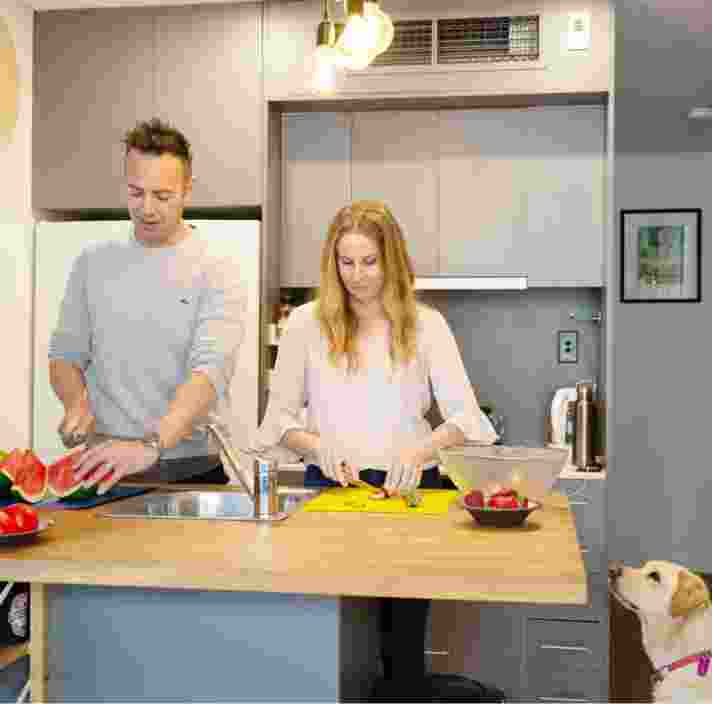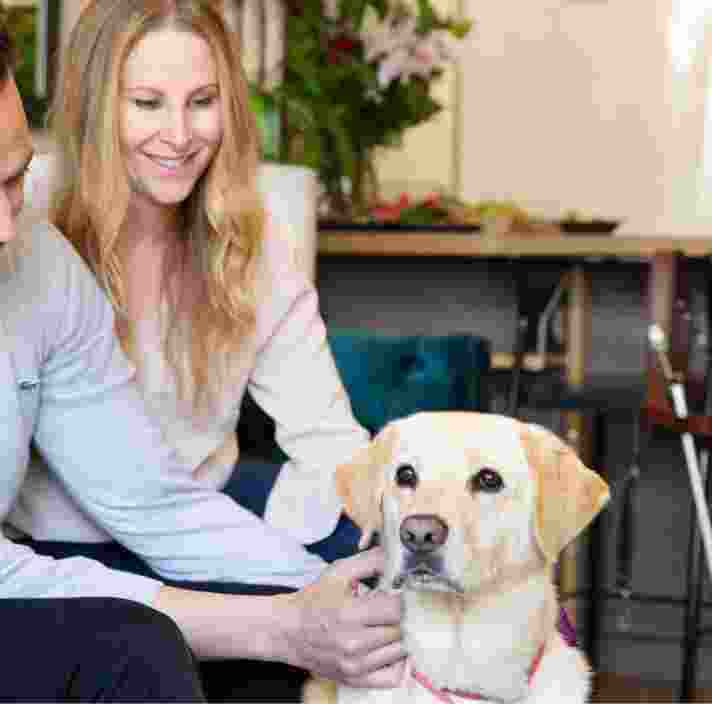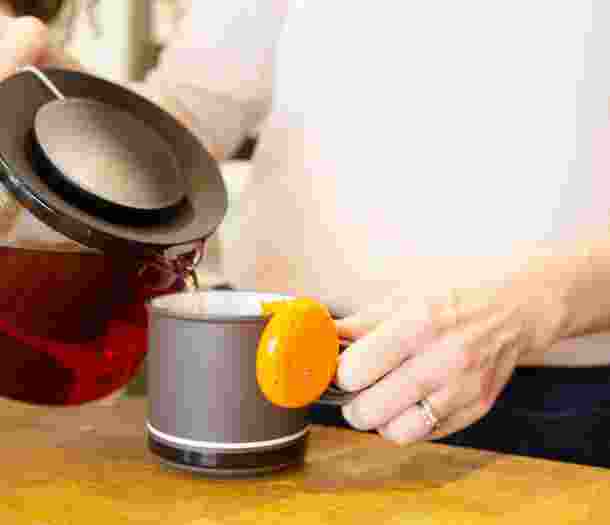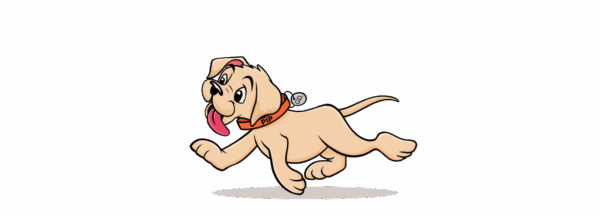What is Occupational Therapy?
Occupational Therapists ensure you can approach your daily routine with confidence.
Are you hoping to safely make dinner at home, or for friends or family? Can you choose your clothes from the wardrobe before you head out for the day? Perhaps you’d like to take up gardening and remove the weeds from your lawn? If low vision or blindness is holding you back, these are the type of skills you can learn in Occupational Therapy.
Occupational Therapists are health professionals who can support you to achieve your goals in everyday life at home, work, or school; whatever your age and whatever your level of vision.
‘Everyday life’ can mean something different for every person with low vision or blindness. If you have a specific skill you’d like to learn as part of your routine, we can create a program so that you can master it. From following your favourite recipes or doing your makeup to managing your banking or using the computer, Occupational Therapists ensure you can approach your day with confidence.

What kind of skills can I learn?
Practical skills for your day-to-day routine.
Occupational Therapists can enable you to perform all kinds of practical tasks. Whether you want to learn personal care skills or something you can apply around the home, Occupational Therapists can support you to do these tasks confidently and get the most out of every day.
In Occupational Therapy, you can learn new ways to approach:
- Personal care skills, like showering and grooming, choosing an outfit and getting dressed, or managing any medications you take.
- Domestic skills around the house, including cooking, cleaning, making a cup of tea or coffee, doing the laundry, or keeping your garden looking green and fresh.
- Tasks you’ll encounter while out in the community, such as withdrawing money from an ATM, signing documents, identifying and managing money in shops, and doing the grocery shopping.
- Communicating with others, via the phone, handwriting, presenting yourself confidently, or learning to use other adaptive technologies in your day-to-day.
- Your home’s set up, by helping you find the best type of lights to use to maximise your vision, and develop strategies to make it easier to move around your house or apartment.
Occupational Therapists can also teach your friends and family new skills like guiding or communication techniques to ensure you enjoy full support from everyone that’s important to you.
Where do the sessions take place?
Training designed to improve your skills in application.
Occupational Therapy is all about practical learning to support your daily lifestyle. Depending on what you hope to achieve, we believe it’s best to learn these skills in the scenarios where you’ll use them. That means your Occupational Therapy sessions could take place:
- At your home
- In your workplace, school, university, or TAFE
- Out and about in the local community
- At one of our local Guide Dogs Centres
A plan tailored for you
We will work with you to develop a tailored program.
A plan tailored for you.
Once we have a good understanding of your requirements, we will work with you to develop a tailored program that will help you learn the skills you need to live life the way you want to.
Our goal is always to assist you to improve your quality of life.
Simply get in touch with our friendly Client Services team to chat further about how we can help you.
Ph: 07 3500 9060
Email: clients@guidedogsqld.com.au


